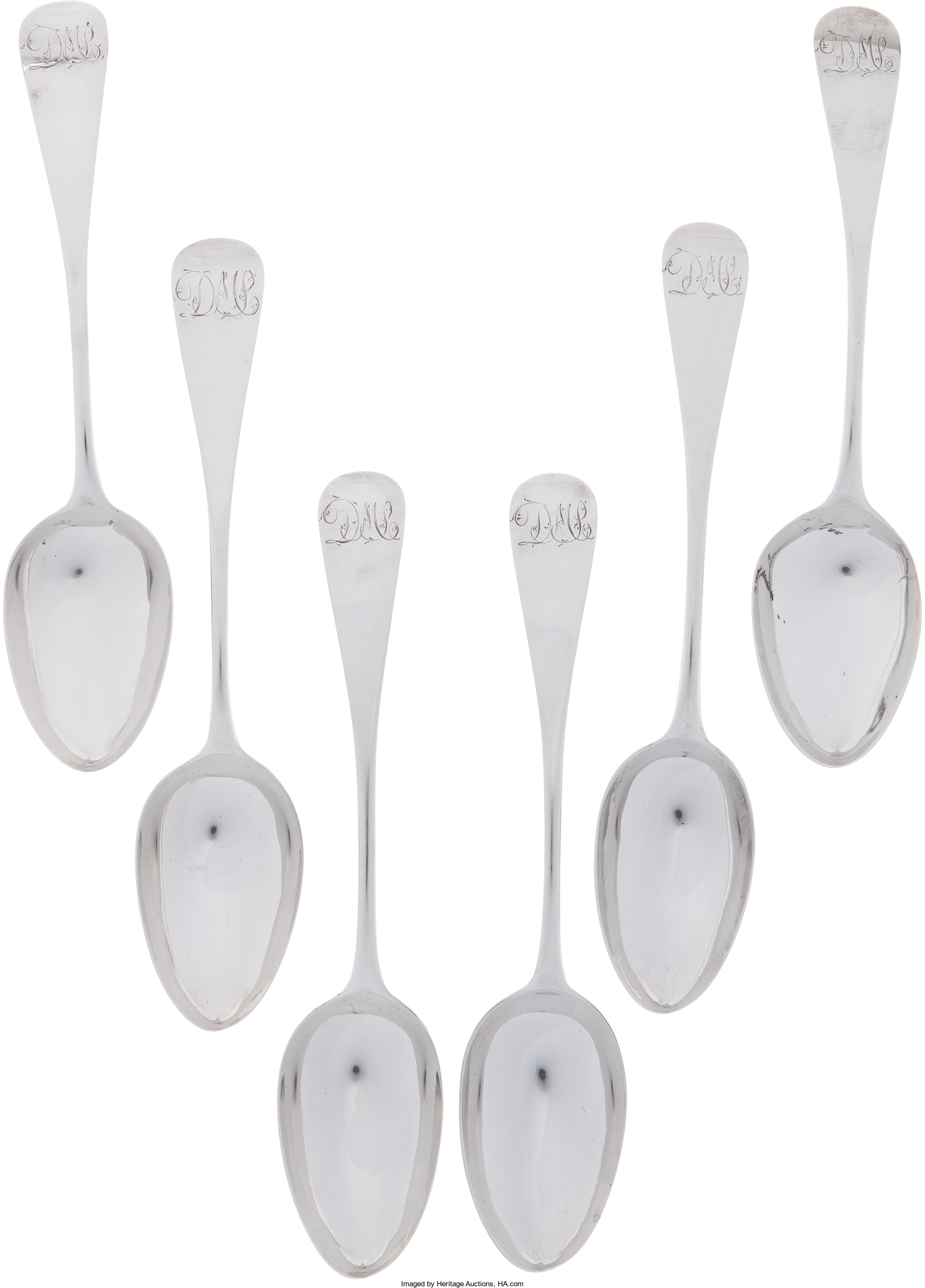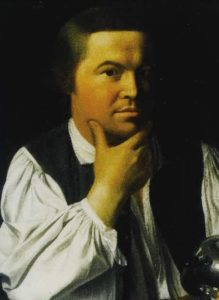
By Jim O’Neal
In the January 1861 issue of The Atlantic, they published a (now) well-known poem by Henry Wadsworth Longfellow that begins:
Listen, my children, and you shall hear
Of the midnight ride of Paul Revere,
On the eighteenth of April, in seventy-five;
Hardly a man is now alive
Who remembers that famous day and year.
It was an attempt to bolster the North’s courage and resolve on the eve of the Civil War. Longfellow hoped to illustrate how much impact individuals can have during times of dramatic, historic occasions. He used Paul Revere as an example in the hope it would inspire others as the nation stared into the abyss of war.
At the time, it was titled Paul Revere’s Ride and also known as The Midnight Ride of Paul Revere or The Landlord’s Tale; Paul Revere’s Ride. (Take your pick since HWL fictionalized the facts for poetic effect.)

We do know that PR was at various times a silversmith, engraver and patriot. He was even a part-time dentist when the Boston-area economy was slow. As a militant, he was one of the “Indians” at the Boston Tea Party and probably participated in the Stamp Act Riots.
He joined the “Sons of Liberty” in 1765, acting as a courier for the revolutionary forces. The famous ride he is associated with was to alert the Colonial militia about the advancement of British forces just before the Battle of Lexington and Concord (“The shot heard around the world”). One of his personal accounts is that he yelled, “The Regulars are coming out” instead of the more familiar “The British are coming” as he dashed around alerting everyone.
He had a long commercial career in iron casting and bronze bell and cannon casting, in addition to all the silver metalwork that Boston is replete with. In fact, his extensive metal factory work led to him becoming the first American to successfully roll copper into sheets in 1800 for use as sheathing material for naval vessels.
But, thanks to Longfellow, we will always fondly remember him as a genuine patriot who helped win our independence. (Naturally, all the men from that era were in fact dead as Longfellow suggests in his famous poem.) Whether the poem had any effect on the North is doubtful. By 1861, the terrible war that cost 630,000 lives was already just a short time away, unfortunately.
 Intelligent Collector blogger JIM O’NEAL is an avid collector and history buff. He is President and CEO of Frito-Lay International [retired] and earlier served as Chairman and CEO of PepsiCo Restaurants International [KFC Pizza Hut and Taco Bell].
Intelligent Collector blogger JIM O’NEAL is an avid collector and history buff. He is President and CEO of Frito-Lay International [retired] and earlier served as Chairman and CEO of PepsiCo Restaurants International [KFC Pizza Hut and Taco Bell].
